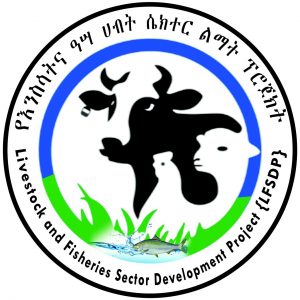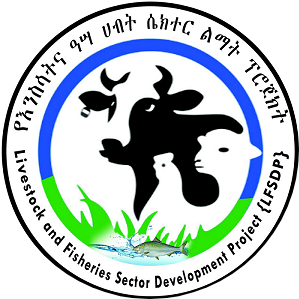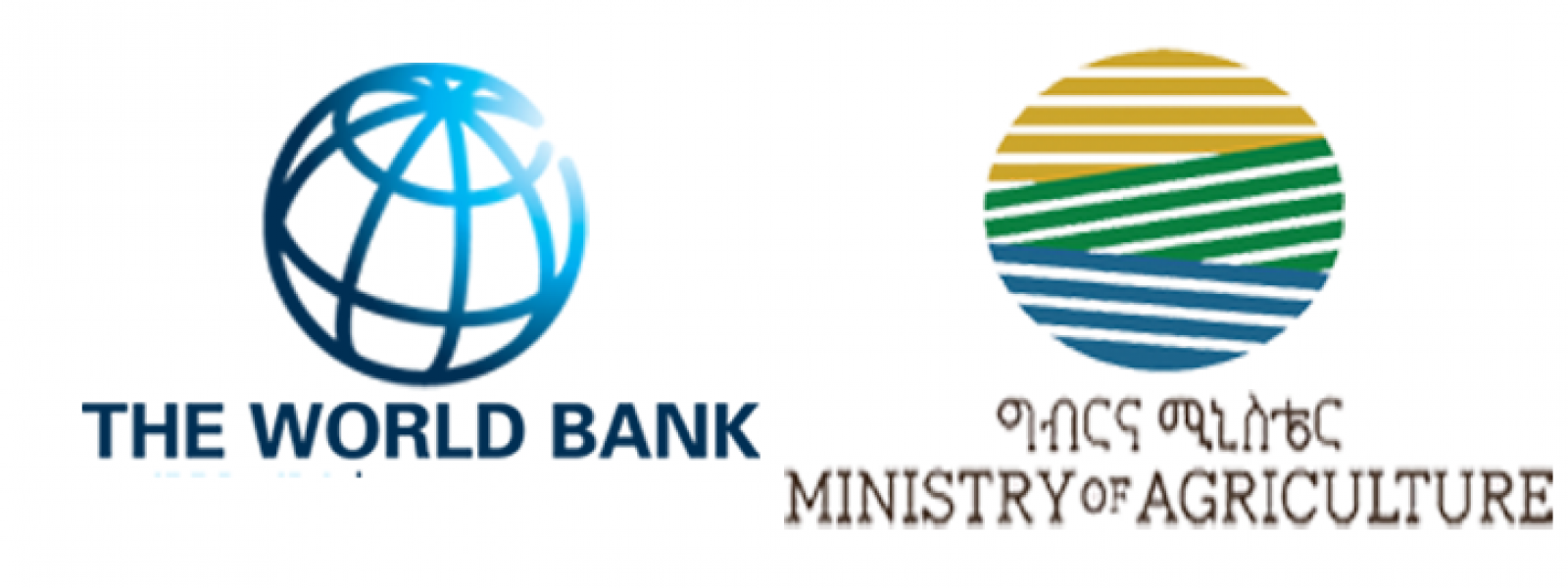The LFSDP aims to increase productivity and commercialization of producers and processors in selected value chains, strengthen service delivery systems in the livestock and fisheries sectors, and respond promptly and effectively to an eligible crisis or emergency.

In the final two years of GTP II, the ATA will support livestock focused commodity value chains implemented through the Livestock and Fisheries Sector Development Project (LFSDP) led by the MoALR.
The LFSDP aims to increase productivity and commercialization of producers and processors in selected value chains, strengthen service delivery systems in the livestock and fisheries sectors, and respond promptly and effectively to an eligible crisis or emergency. The Government of Ethiopia’s Livestock Master Plan’s (LMP) roadmaps were used as the basis to identify priority commodity value chains, including dairy, poultry, red meat from dairy and small ruminant systems, as well as the main investment and policy development options of the LFSDP. The fisheries sector was not addressed in the LMP but was recently added as a priority are for focus in the LFSDP.
The geographic scope of the LFSDP includes 58 focus woredas across the Amhara, Benishangul-Gumuz, Gambella, Oromia, SNNP, Tigray regions. In addition, the project is structured around three inter-dependent components: Linking More Productive Farmers to Markets, Strengthening National Institutions and Programs, and Project Coordination, Monitoring and Evaluation, and Knowledge Management.
The first component includes four types of sub-projects: Enabling Sub-projects aimed at establishing an enabling environment for other sub-components, Basic Sub-projects providing support to subsistence farmers and unemployed youth to establish primary cooperatives and master minimum good practices, Intermediate Sub-projects focused on support to improved cooperatives, primary processors and future young entrepreneurs to organize and intensify output and good practices, and Advanced Sub-projects supporting specialized cooperatives and processors to connect via formal contracts.
The second component aims at improving the immediate and long-term human, organizational and institutional capacity of MoALR, key public and private actors and cooperatives of the livestock and fisheries sectors. There are five sub-components: human resources and organizational capacity; policy, planning and coordination; sustainable animal health, extension, and advisory services; development of strategic national programs; and contingent emergency response.
The third component aims at supporting the project’s coordination, management, monitoring and evaluation, and learning needs. This component includes sub-components related to: project coordination, and monitoring, evaluation and knowledge management.
Across these components and sub-components, the achievement of the project will be measured against indicators related to productivity of small-scale producers, increase in sales by producers and processors, system improvements in support of better service delivery, trainees applying the newly acquired competencies in their daily work, and effectiveness of response to early warning information and disbursement in case of crises or emergency.
The ATA’s role in supporting the Livestock and Fisheries Sector Development Project
The ATA’s responsibilities in supporting the LFSDP are defined in a MoU signed between the ATA and the MoALR, focused on intermediate and advanced sub-projects. Specific activities under each of the project’s components include:
- Component A: Linking More Productive Farmers to Markets
-
- Conduct Regional studies on Woreda-Clustering
- Prepare Guidelines for Intermediate and Advanced sub-projects
- Train Regional and Woreda Livestock & Fisheries office staff to be able to train relevant extension staff and directly concerned stakeholders on the Guidelines and Processes for Intermediate and Advanced sub-projects
- Component B: Strengthening National Institutions and Programs
-
- Support the production of overarching LFSDP manuals based on specific requests by MoALR and agreed by the ATA based on scope and available capacity
- Undertake studies to support the implementation of LFSDP based on specific requests by MoALR and agreed by the ATA based on scope and available capacity
- Support the development of the Data Analysis and Monitoring System for Livestock and Fisheries Sectors based on specific requests by MoALR and agreed by the ATA based on scope and available capacity
- Component C: Project Coordination, Monitoring and Evaluation, and Knowledge Management
-
- Participate in the following LFSDP governance bodies:
-
- Federal Steering Committee
- Regional Steering Committees (for Amhara, Oromia, SNNP and Tigray Regions)
- Federal Technical Committee
- Regional Technical Committees (for Amhara, Oromia, SNNP and Tigray Regions)
-
- Prepare AWPB and financial reports on ATA activities as requested by MoALR
- Prepare procurement plan as per the approved AWPB

